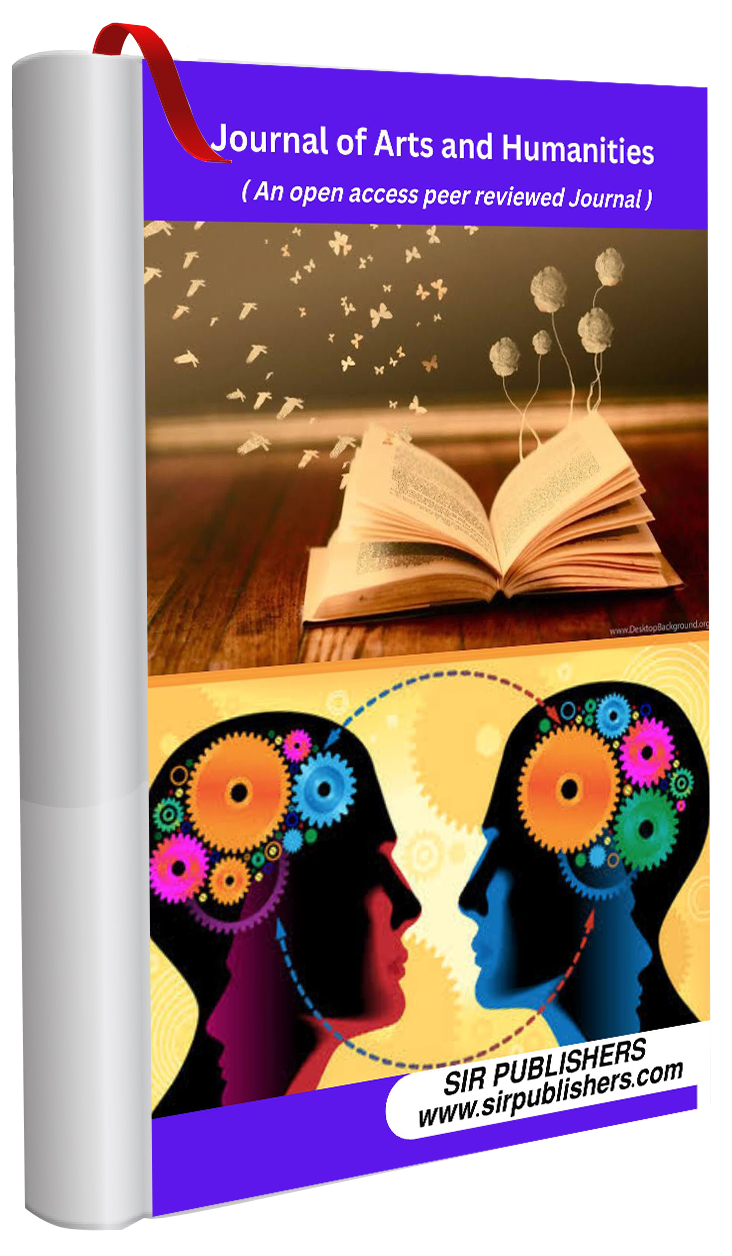PHILOSOPHY OF MUSIC IN MUSLIM MEDIEVAL CULTURE
Keywords:
musical heritage, diverse history, rhythms, instruments, musical model, melodic structure, melodic moodAbstract
Philosophy of music of the most important thinkers in Islam between the 9th and the 15th centuries A.D. It covers topics ranging from the physics and aesthetics of sound, the nature of music, its place in the total scheme of things and in human life, the relation between music, astronomy, astrology and meteorology, the relation between music and human feelings character and behaviour, to the question of whether a good Muslim should be allowed to listen to music at all, and if so, to which type. This article traces thinking in Islam on music subject, and aims to provide a philosophically coherent statement of thinking of the Islamic the thinkers concerned, a clarification of their central arguments, as well as a critical evaluation of their line of thought.
References
Kopecka, Pavlina. (2015). The Perfect City By Al-Farabi and Ibn Bajja, Paıdeıa Phılosophical e-Journal Of Charles University
Kolukırık, Kubilay. (2014). “Music Aspect of Farabi, an Islamic Philosopher” Erciyes University Journal of Faculty of Theology, 2, Issue: 19, Pages 29-53
Farabi. (2008). Collection of Saade, Three Works of Farabi, Translated by Hüseyin Atay, Istanbul:Morpa Culture Publications
Farabi. (2004). El Medinet’ül-Fazıla, Second edition, Translation: Ahmet Arslan, Ankara: Vadi Publishing
Yuldashev, F. A. (2022). The influence of moral values in the formation of personality in Farabi’s philosophy. In Проблемы психологического благополучия (pp. 440-444).
Юлдашев, Ф. А. (2022). Изучение наследия аль-Фараби как фактор формирования национального самосознания в новом Узбекистане. Oriental renaissance: Innovative, educational, natural and social sciences, 2 (Special Issue 23), 81-87.
Yuldashev, F. А. (2024). A conceptual analysis of Abu Nasr Farabi’s theory of music. Monograph / F.A.Yuldashev. - Ferghana: - p.120










